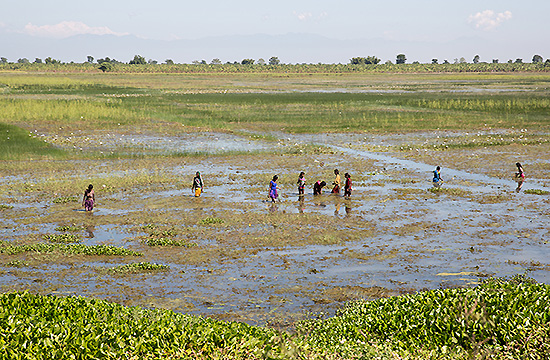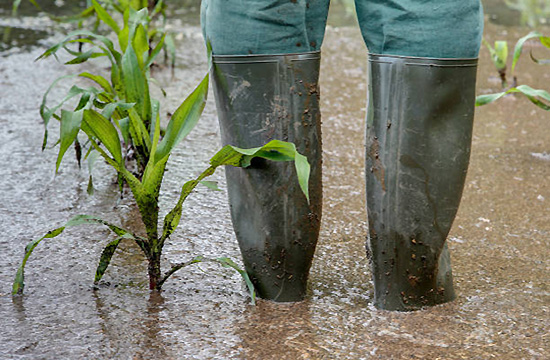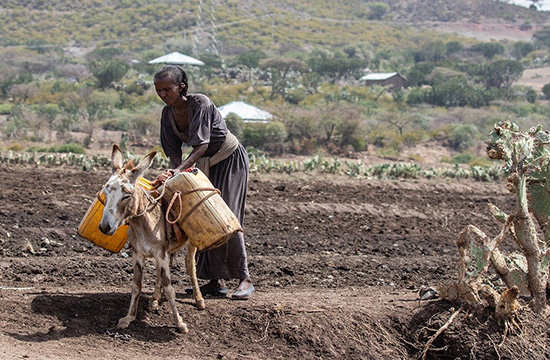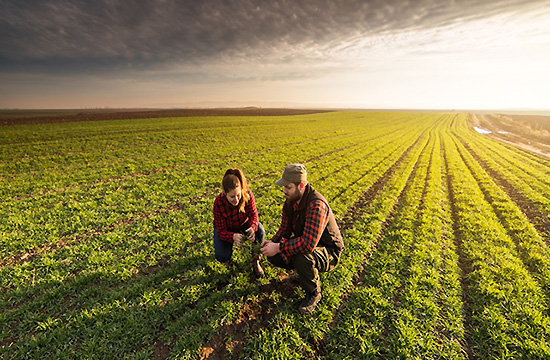
Modern farming faces significant challenges due to the impact of climate change. Altered precipitation patterns, temperature extremes, and changing growing seasons disrupt agricultural practices, affecting crop yields and livestock management.
Understanding the multifaceted ways climate impacts modern farming is crucial to mitigate the challenges and ensure the sustainability of agricultural systems.
Climate-induced changes profoundly impact farming, including shifts in planting and harvesting schedules, water availability, and pest management. Extreme weather events like droughts and floods challenge soil fertility, irrigation, and agricultural productivity.
These impacts highlight the urgent need for adaptive strategies to address the vulnerabilities of modern farming to climate change.


Adapting to climate-induced changes in farming presents numerous challenges and barriers. Logistical hurdles, financial constraints, and technological disparities hinder the adaptation to changing climate conditions.
Additionally, the complex web of stakeholders involved in the agricultural sector adds to the complexity of finding common ground and driving change to ensure sustained productivity in a changing climate.
The urgency to adapt to climate-induced changes in modern farming has never been greater. Recognizing the causes, impacts, and barriers associated with climate impacts on agriculture is crucial in mobilizing collective action to preserve food security, ensure sustainable agricultural practices, and promote economic resilience.
Immediate and concerted efforts are necessary to safeguard the well-being of agricultural systems and secure their ability to provide essential services to human societies.


Strategies for adapting farming to climate-induced changes include resilient crop varieties, water-efficient irrigation systems, and climate-smart agricultural practices. Implementing effective policies, fostering stakeholder collaboration, and raising awareness about the importance of agricultural resilience are essential components of adaptive strategies .
The urgency to significantly accelerate the transition to sustainable practices is paramount to address the escalating challenges of climate impacts on farming and protect the well-being of agricultural systems and human communities.

